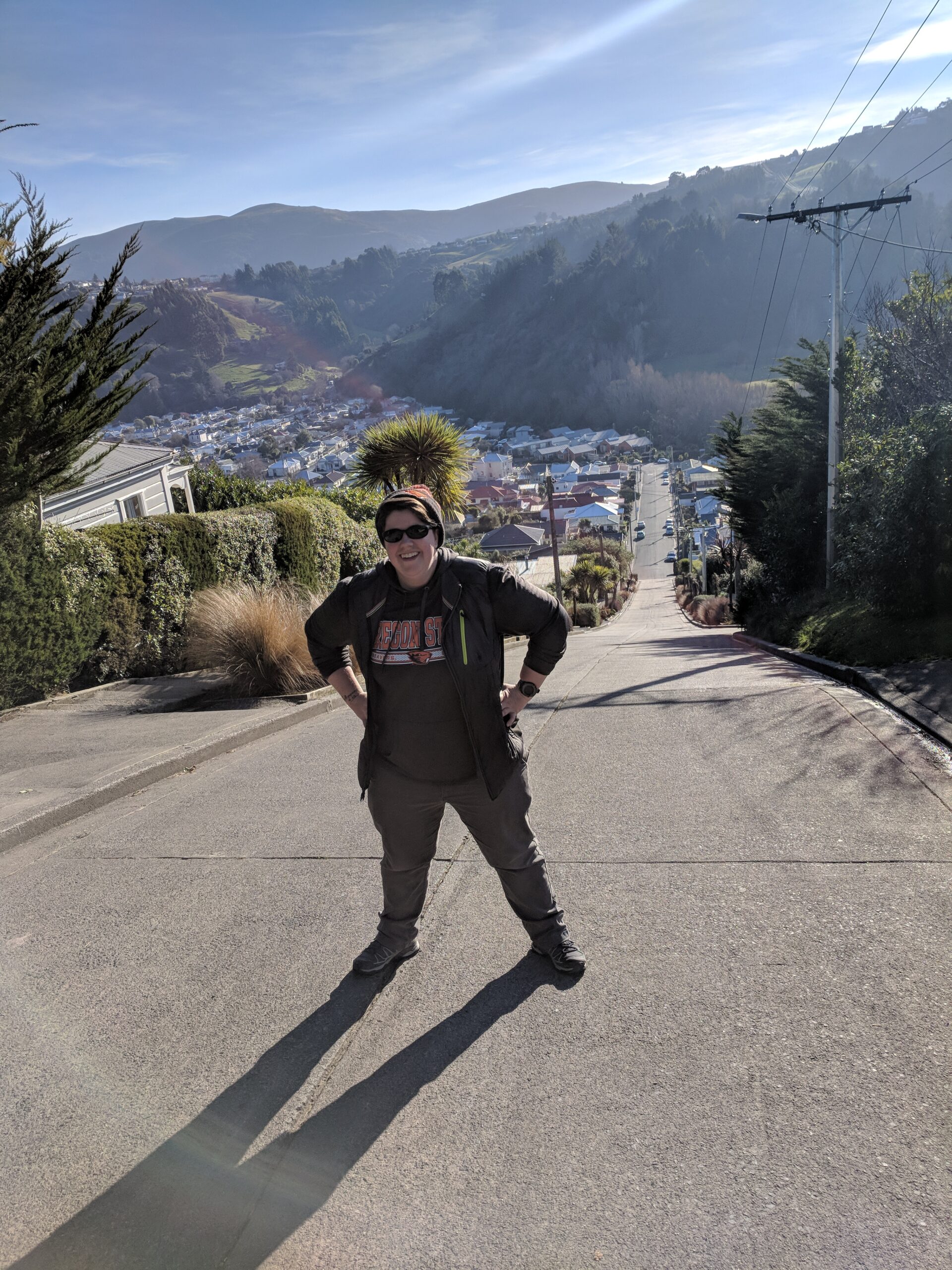Navigating Study Abroad as a First Generation Student


College is often seen as a journey undertaken to prepare us for life outside of school. It’s a time of personal and academic growth that is filled with many challenges: navigating adulthood, balancing and prioritizing time schedules, making lasting relationships, and, above all, preparing oneself to become an active member of society. Some students may begin this journey with guidance from their parents or siblings who have already walked down this path, but others may not have that privilege. For these students, college is an entirely new adventure that must be undertaken without a roadmap to guide them. I am one of those students.
As a first generation college student, I lack experiential support from family members in matters relating to college life. No one in my family can tell me about their own experiences of applying for college, accessing financial aid and scholarships, attending college, or the transition from university to the workforce. The only thing I have is my own investigative skills and my university’s resources, and while these can be helpful, it is still limiting.
All of these challenges are multiplied further when a first generation student decides to study abroad. Attending university in a different country and culture presents all new challenges, the least of which is learning in a new environment. Once I had arrived at my host university, I realized that finding support and resources would be fundamental to the success of my trip. A few tricks I have learned since being in-country have helped me navigate this new territory: finding people to connect with, keeping in touch with family back home, and knowing what services and resources are at my disposal during my stay.
1. Find a Community
Finding yourself in a new country can feel quite isolating at times. Most likely you won’t know anyone, so actively participating in the IFSA orientation can create instant friendships that will last throughout your time abroad. You’ll have numerous chances to hangout with this core group of people, including your student services coordinator, through IFSA-led activities, so readily engaging in these will help ward off feelings of loneliness. It’s also important to find a group of people whom you share things in common. Find a club or society to join at your host university that interests you. Chances are they will have numerous student-led social and academic clubs to join that will help you meet new people and stay active in your new community.
2. Call Home
To ward off feelings of homesickness, call your family and friends back home. Tell them all about your adventures abroad (both good and bad). It’s important to stay connected to your support group back home, as they will help you stay grounded in your new country. There are numerous ways to stay in touch: phone calls, emails, and even apps. Depending on the time difference between you and your loved ones, sending emails can be a nice quick way of saying hello without having to wake them up a 2am. Of course, it’s always nice to hear a familiar voice, so set up regular times to call and chat. This will ensure you’re both ready to talk without any interruptions. If you’re worried about data usage or the cost of minutes, downloading an app that works through wifi, such as Marco Polo, can keep you in touch with your family at little to no cost, plus you can video chat with them!
3. Ask for Help
Many first generation college students are resilient and independent people, but there’s no shame in asking for help when you need it. It’s always a good idea to know where, and how, to ask for help, especially when you’re so far from home. Definitely keep all important phone numbers and email addresses with you, like your IFSA onsite staff, your parents’, and someone at your host university, such as campus security; and write them down to keep in your wallet because you never know when something might happen to your phone. Also, keep contact information for your home university, as unexpected situations can occur which may require you to contact your financial aid department or advisor. Lastly, make sure you know where to go for medical and mental health services at your host university. These services can be a lifeline for anyone feeling depressed, lonely, or sick. Emergencies happen when we least expect it, so being prepared to ask for help, and knowing where to find it, are essential during your trip abroad.
As a first generation student, we are often times the pioneers within our own families. By going to college, we undertake a huge challenge for a much desired degree. And when we decide to study abroad, we are taking an even bigger risk for an even larger reward – a once in a lifetime experience that can change our perception of the world. The struggles we face through this journey are new and imposing, but with a little preparation and perseverance, it can lead to a successful and life-altering adventure.
Sarah A. | Cultural Anthropology major | Oregon State University | University of Otago Partnership in New Zealand | Fall 2018 | IFSA International Correspondent